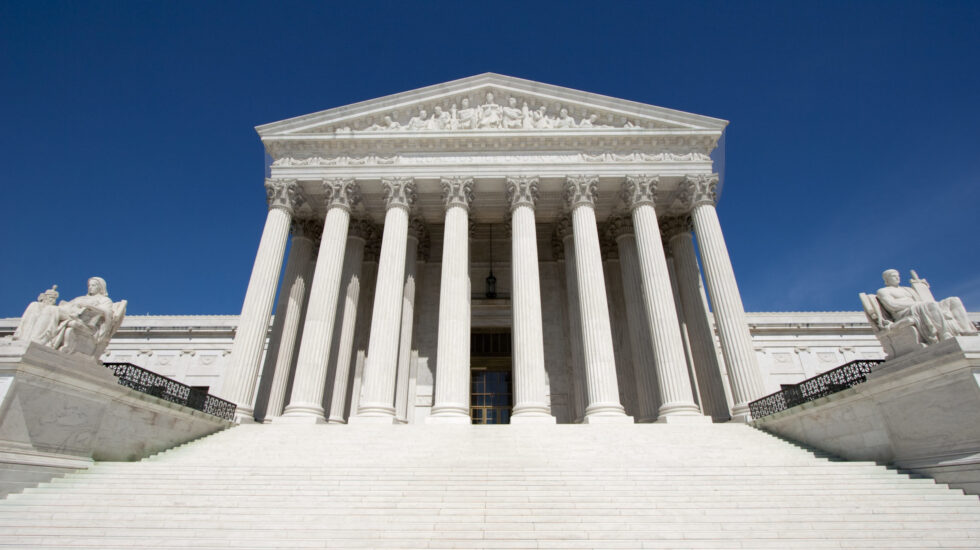In a unanimous decision, the Supreme Court has ruled that electors can’t go rogue. The Justices said that members of the electoral college must vote for who wins the popular Presidential vote in their state. NBC News writes:
“The unanimous decision in the “faithless elector” case was a defeat for advocates of changing the Electoral College, who hoped a win would force a shift in the method of electing presidents toward a nationwide popular vote. But it was a win for state election officials who feared that empowering rogue electors would cause chaos.“
It’s not the popular vote that confirms new presidents, but an arcane method known as the electoral college. It’s a system that hasn’t always given the White House to the person who won the popular vote. Politico writes:
“But twice in the past two decades, the unexpected took place: the winner of the popular vote did not become president; instead the winner in the Electoral College prevailed. Thus, Donald Trump, who got nearly 3 nearly million fewer votes overall than Hillary Clinton, won the state-by-state allotment of Electoral College votes in 2016 and became president. And in 2000, George W. Bush became president, winning five more Electoral College votes than Al Gore, though Gore won roughly a half million more popular votes.”



